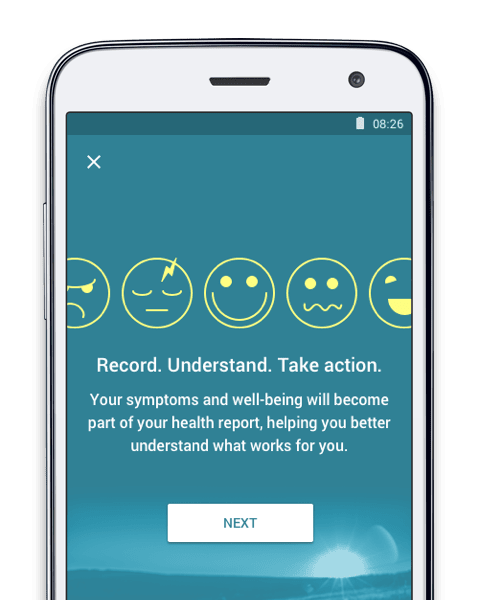Depression affects 1 in 10 people in their lifetime. In the UK, 1 out of 4 struggle with mental health. Most likely you or someone you know is affected. We all want to support our loved ones in coping with depression, but sometimes we don’t know how. Therefore, we decided to ask. Guest author Nicki Kinickie is living with depression and know that at times, family and friends can need a hint. Here are her top five tips on supporting your loved ones with depression.
A Guest Post by Nicki Kinickie
Mental illness can sometimes be just as hard for loved ones as well as the sufferer themselves. Not knowing what to say or how to help someone you care about when they are at their lowest can be both frustrating and heartbreaking.
Like any illness depression – or any mental health issue – needs to be treated with compassion and love. The thing many people struggle with is that it is both an invisible illness and an illness of the mind, if you have not suffered depression (and I mean depression, not just feeling down) then it can be difficult to understand how that person is feeling or why they behave the way they do or say the things they say.
Depression isn’t just about feeling sad; sadness is the tip of the iceberg. Depression is about feeling worthless, hopeless, unloved and unimportant, it is about feeling self-hatred or like a failure, feeling ugly and uninteresting. Scary right? It is so much more complex than feeling just sadness. So how do you help?
As someone who is a long term sufferer of both depression and anxiety and who has also had to help my husband understand what exactly is going on with me when I am at my lower points, I want to share with you some of my advice on how to help a loved one suffering a mental illness.
1. Show empathy and compassion
Even if you don’t understand your loved one's feelings or are even slightly annoyed by their behavior, please do not get angry with them. It is the last thing they need and will not help. Erratic behavior is a very serious sign that something is wrong and you should be asking them about how they feel and what is making them behave that way. Ask them to talk about what they are thinking and what is making them upset or angry. Even if you don’t have any answers, just opening up and talking about it will help your loved one greatly. It may take time, most people are not forthcoming about admitting their feelings let alone talking about them (so please, don’t push them) but knowing you’re there will help. Be patient.
2. Never say ‘Cheer up’ or ‘Snap out of it’
Honestly, any sentiment along the line of the above has to be one of the worst things you could say to someone suffering from a mental illness. It is patronizing whether you mean it to be or not. Think of it this way, if a loved one was diagnosed with diabetes would you dismiss it in the same way? I didn’t think so. The stigma against invisible illnesses needs to be broken. Just like any other organ in your body the brain can malfunction too. Be much more understanding of that.
3. Show Them They’re Not Alone
Take the extra time and make the extra effort to contact that loved one who is going through a tough time. It is one thing to tell them you are there if they need you but we hear that a lot and while we know the intention is good we don’t believe that people mean it. Show them. Stay in regular contact and arrange regular coffee dates. If they’re reluctant to meet up, go to them. It is very common for sufferers of mental illness to not want to go out or socialize when they feel very low. Maybe even offer to get some food shopping for them or to go over with a takeaway? Do whatever you feel best suits that person to let them know they are not alone.
4. Distract them
This is one of the best tips I can give. Nothing feels better than being distracted from the dark thoughts in my head. If I am on my own I force myself to go for a long walk as I find that helps me greatly but if you are looking to distract a loved one another way why not go and watch a comedy at the cinema? Go bowling? Dinner? or even just go to theirs and watch a film if they do not want to go out. They will be grateful for the distraction trust me, even if it doesn’t seem that way. You may have to make more of an effort to see them than normal, maybe even force your company on them but it will be worth it to make them smile and hopefully feel better.
5. Patience
Most importantly, be patient with your loved one and remind them just how loved they are. Being at a low point equates to being at your most lonely, vulnerable and fragile. Think of your depressed loved one as glass very close to the edge of a table, your loved one - like the glass – is in a very uncertain position and needs to be treated delicately.
If you like this post, you may also like:



